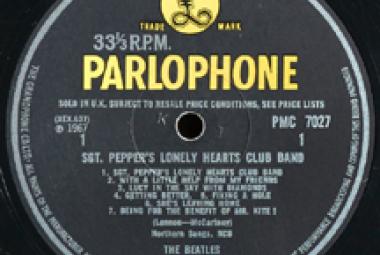Kenneth Anger (born Kenneth Wilbur Anglemyer; February 3, 1927) is an American underground experimental filmmaker, actor and author. Working exclusively in short films, he has produced almost forty works since 1937, nine of which have been grouped together as the “Magick Lantern Cycle”. His films variously merge surrealism with homoeroticism and the occult, and have been described as containing “elements of erotica, documentary, psychodrama, and spectacle”. Anger himself has been described as “one of America’s first openly gay filmmakers, and certainly the first whose work addressed homosexuality in an undisguised, self-implicating manner”, and his “role in rendering gay culture visible within American cinema, commercial or otherwise, is impossible to overestimate”, with several being released prior to the legalization of homosexuality in the United States. He is also known for the gossip book Hollywood Babylon (1965) that would become infamous for its many dubious and sensationalist claims, many of which were later disproven, though some do remain as urban legends. Anger has been cited as an important influence on later film directors like Martin Scorsese, David Lynch and John Waters. (More from Wikipedia)
Along with many other figures from the underground press, Mick Farren moved to the influential New Musical Express (NME) in 1974. Quoting again from the Telegraph obituary: “Allowed free rein to explore the outer reaches of popular culture by its editor, Nick Logan, Farren turned in a series of memorable pieces on people such as the motorbike stunt-rider Evel Knievel and the avant-garde film director Kenneth Anger.
“In the summer of 1976, by which time the Sex Pistols were introducing Britain to punk, Farren’s NME piece headlined ‘The Titanic Sails At Dawn’ [again using a Bob Dylan lyric, this time from one of my all-time favorites, “Desolation Row”] was judged to have caught the mood among the generation of teenagers disaffected by giant stadium acts like the Rolling Stones and Led Zeppelin.”
(March 2014/1)
* * *
Wikipedia reports: “The song [“Wipe Out”] – both the Surfaris’ version as well as cover versions – has been featured in over 20 films and television series since 1964, appearing at least once a decade. First heard in Kenneth Anger’s short Scorpio Rising [1963], its most recent appearance was in Dominic Sena’s 2009 thriller, Whiteout.”















